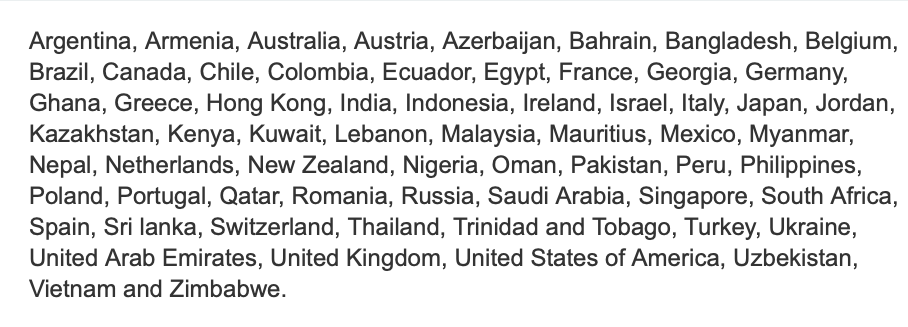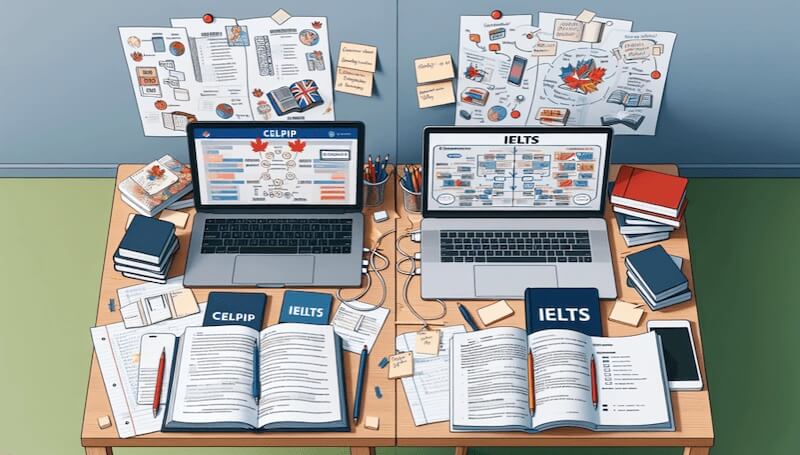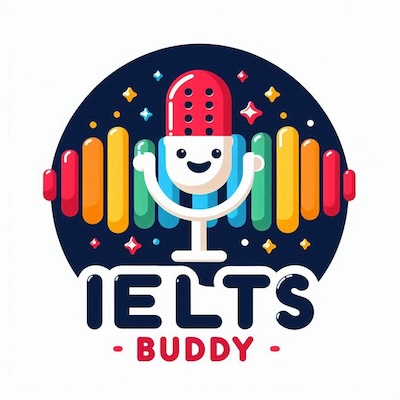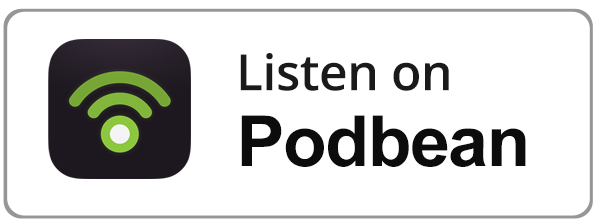- Home
- IELTS Scores
IELTS Scores
On this page you will learn more about IELTS scores - how they are calculated and how the test is graded.
Check out this video which also explains how band scores are calculated:

Also, if you scroll down, you will see an IELTS Score Conversion Table which tells you how your scores for reading and writing are converted into IELTS band scores.
Calculating Scores
How are overall band scores calculated?
When you have taken the IELTS test you will be sent a Test Report Form with your band score about 2 weeks later.
Band scores are given from 0-9. These IELTS scores are given for each section of the exam - writing, speaking, listening, and reading.
These are then added together to give you an overall band score. You can be given a half band score as well, so scores are rounded up to whole or half bands.
Scores ending in 0.25 will be rounded up to the nearest half band, and scores of 0.75 will be rounded up the the nearest whole band.
Here are some examples:
| Listening | Reading | Writing | Speaking | Overall Band |
| Listening | Reading | Writing | Speaking | Overall Band |
How can I calculate my overall IELTS band score?
We have a calculator on this site so you can work out your listening and reading score and calculate your overall band score:
Grading
How does the IELTS examiner grade me?
The examiner grades only your writing and speaking. To do this, they grade you on four criteria for writing, which are:
- Task Achievement (Task 1) / Task Response (Task 2)
- Coherence and Cohesion
- Lexical Resource
- Grammartical Range and Accuracy
Here you can download the full descriptions for each criteria that the examiner uses:
IELTS Writing Public Band Descriptors - Task 1 and 2
And for the speaking you are graded on:
- Fluency and Coherence
- Lexical Resource
- Grammatical Range and Accuracy
- Pronunciation
Here you can download the full descriptions for each criteria that the examiner uses:
IELTS Speaking Public Band Descriptors
For both the writing and speaking, the band you are given for each of these separate criteria is averaged into an overall score for speaking and writing.
There are two lessons we have that will also tell you about the scoring system for a band 7 or 8:
How are the IELTS reading and listening graded?
In the listening and reading test, you are given a score out of 40. This 'raw score' is then converted into a band score.
You can use the following tables to calculate what IELTS score your raw score will be (or use our band score calculator).
It is important to note that the tests may differ in difficulty because it is obviously impossible to make each test at exactly the same level.
Therefore, these band score boundaries may vary slightly according to each test.
Listening Test - Raw Score Conversion
| Raw Score | Band Score | Raw Score | Band Score |
| 39-40 | 9 | 18-22 | 5.5 |
| 37-38 | 8.5 | 16-17 | 5 |
| 35-36 | 8 | 13-15 | 4.5 |
| 32-34 | 7.5 | 11-12 | 4 |
| 30-31 | 7 | 8-10 | 3.5 |
| 26-29 | 6.5 | 6-7 | 3 |
| 23-25 | 6 | 4-5 | 2.5 |
Academic Reading Test - Raw Score Conversion
| Raw Score | Band Score | Raw Score | Band Score |
| 39-40 | 9 | 19-22 | 5.5 |
| 37-38 | 8.5 | 15-18 | 5 |
| 35-36 | 8 | 13-14 | 4.5 |
| 33-34 | 7.5 | 10-12 | 4 |
| 30-32 | 7 | 8-9 | 3.5 |
| 27-29 | 6.5 | 6-7 | 3 |
| 23-26 | 6 | 4-5 | 2.5 |
General Reading Test - Raw Score Conversion
| Raw Score | Band Score | Raw Score | Band Score |
| 40 | 9 | 27-29 | 5.5 |
| 39 | 8.5 | 23-26 | 5 |
| 37-38 | 8 | 19-22 | 4.5 |
| 36 | 7.5 | 15-18 | 4 |
| 34-35 | 7 | 12-14 | 3.5 |
| 32-33 | 6.5 | 9-11 | 3 |
| 30-31 | 6 | 6-8 | 2.5 |
Learn more about how IELTS Reading is scored.
What do the IELTS scores mean?
The IELTS scores you are given provide an assessment of your level of English.
This can then be used by the institution you are applying to decide if you have the ability to successfully complete their course of study, or successfully live and work in the country if you are applying for work or citizenship.
The overall IELTS scores and descriptors are illustrated below:
| Band | |
| Expert user Has fully operational command of the language: appropriate, accurate and fluent with complete understanding. | |
| Very good user Has fully operational command of the language with only occasional unsystematic inaccuracies. Misunderstandings occur in unfamiliar situations. Handles complex detailed argumentation as well. | |
| Good user Has operational command of the language, though with occasional inaccuracies, inappropriacies and misunderstandings in some situations. Generally handles complex language well and understands detailed reasoning. | |
| Competent user Has generally effective command of the language despite some inaccuracies, inappropriacies and misunderstandings. Can use and understand fairly complex language, particularly in familiar situations. | |
| Modest user Has partial command of the language, coping with overall meaning in most situations, though is likely to make many mistakes. Should be able to handle basic communication in own field. | |
| Limited user Basic competence is limited to familiar situations. Has frequent problems in understanding and expression. Is not able to use complex language. | |
| Extremely limited user Conveys and understands only general meaning in very familiar situations. Frequent breakdowns in communication occur. | |
| Intermittent user No real communication is possible except for the most basic information using isolated words or short formulae in familiar situations and to meet immediate needs. Has great difficulty in understanding spoken and written English. | |
| Non user Essentially has no ability to use the language beyond possibly a few isolated words. | |
| Did not attempt the test No assessable information provided. |
Comments
Any comments or questions about this page or about IELTS? Post them here. Your email will not be published or shared.
Band 7+ eBooks
"I think these eBooks are FANTASTIC!!! I know that's not academic language, but it's the truth!"
Linda, from Italy, Scored Band 7.5




























